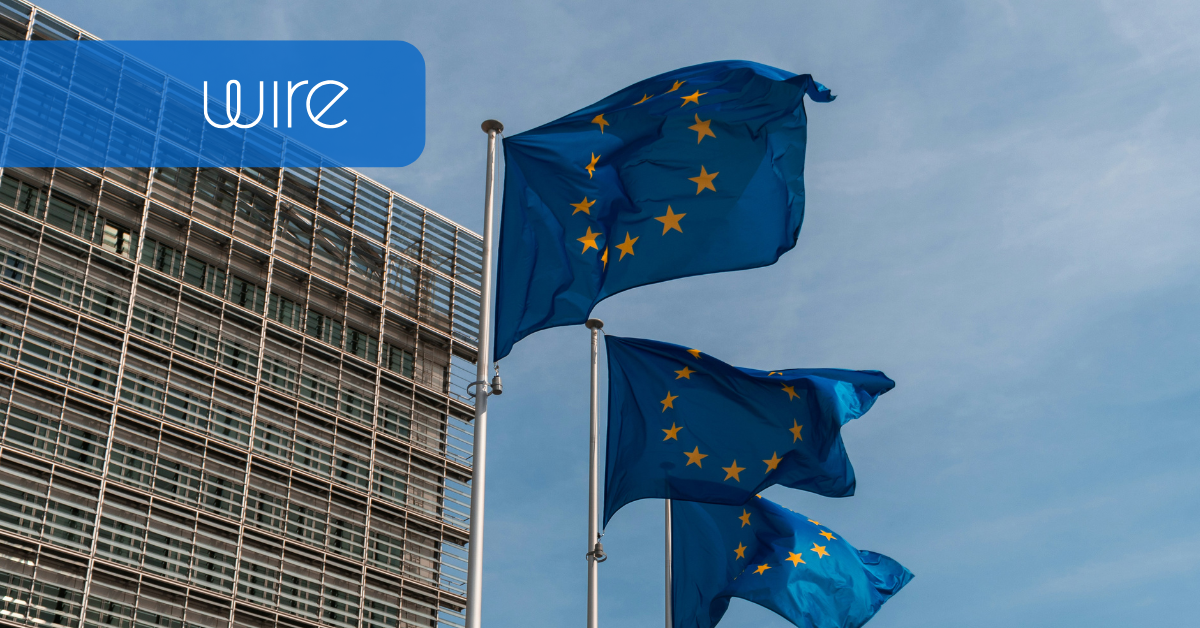For years, Microsoft operated under investigation for the way it handled EU institutional data and cross-border transfers. Now, after extensive discussions and contractual changes, the case is closed without fines or penalties.
The outcome raises a broader question: what incentive is there to follow the rules from the start, if non-compliance can simply be fixed later through negotiation? By retroactively adjusting its practices, Microsoft effectively gained a competitive advantage for years before bringing its offering into line. It’s a reminder that large providers can bend compliance timelines in ways smaller players cannot.
What the EU Decision Means for Enterprises
The Commission’s compliance is not just a Microsoft win, it’s a signal to all European institutions and businesses. To meet EU rules, the Commission had to enforce strict limits on data transfers, improve contractual safeguards, and guarantee that data processing takes place within the European Economic Area wherever possible.
For enterprises, this shows two things:
- EU regulators are watching closely. Compliance is no longer optional.
- Technical and organizational safeguards are mandatory. Simply relying on vendor promises isn’t enough.
This decision underscores the growing demand for tools that not only integrate with Microsoft 365 but also deliver sovereign, end-to-end secure communication.
Why Businesses Need a Complementary Secure Communication Layer
While Microsoft 365 may now meet the Commission’s baseline compliance, enterprises should ask: Is Teams or Office 365 enough for truly confidential communication?
Regulators and cybersecurity experts have repeatedly warned about the risks of bundling all collaboration into one U.S.-based suite. Sensitive communications, M&A discussions, government contracts, crisis response, require stronger safeguards:
- Always-on end-to-end encryption that is invisible to users
- Full control of data residency and jurisdiction
- Independence from extraterritorial laws such as the U.S. CLOUD Act
This is where Wire provides a natural complement: a secure, EU-based communication platform that runs alongside Microsoft 365.
Interoperability, Integration, and Data Portability
One of the most important outcomes of the Commission’s parallel antitrust proceedings is Microsoft’s commitment to interoperability and data portability.
Enterprises can now:
- Extract Teams data and migrate it to alternative platforms such as Wire
- Integrate third-party tools more easily with Microsoft 365
- Choose versions of Microsoft 365 without Teams, at a reduced cost
These changes mark a step forward for digital sovereignty in Europe. Organizations can combine productivity and compliance, leveraging Microsoft 365 where it fits best, and using sovereign communication layers like Wire for what must remain private.
Wire as the Secure European Complement to Microsoft 365
Wire is designed to complement, not replace, existing productivity tools. On top of Microsoft 365, Wire enables:
- Secure internal communication: end-to-end encrypted messaging, calls, and file sharing for sensitive data
- Federated collaboration: seamless, compliant communication across organizations
- Open-source transparency: verifiable code, trusted by governments and critical industries.
- On-premises deployment: full sovereignty for regulated sectors such as healthcare, finance, and defense.
With Wire, enterprises can maintain the productivity of Microsoft 365 while ensuring that critical business communication communication remains confidential and compliant.
Conclusion
The EU’s Microsoft 365 compliance decision may close one chapter, but it opens another. It demonstrates that compliance can be achieved, even retroactively, but also shows how much leverage large providers hold in shaping the timeline. For organizations aiming higher than baseline conformity, compliance is the floor, not the ceiling.
By integrating Wire as a secure communication layer alongside Microsoft 365, enterprises can safeguard their most critical exchanges, uphold sovereignty, and ensure that privacy is not a privilege but a standard.
